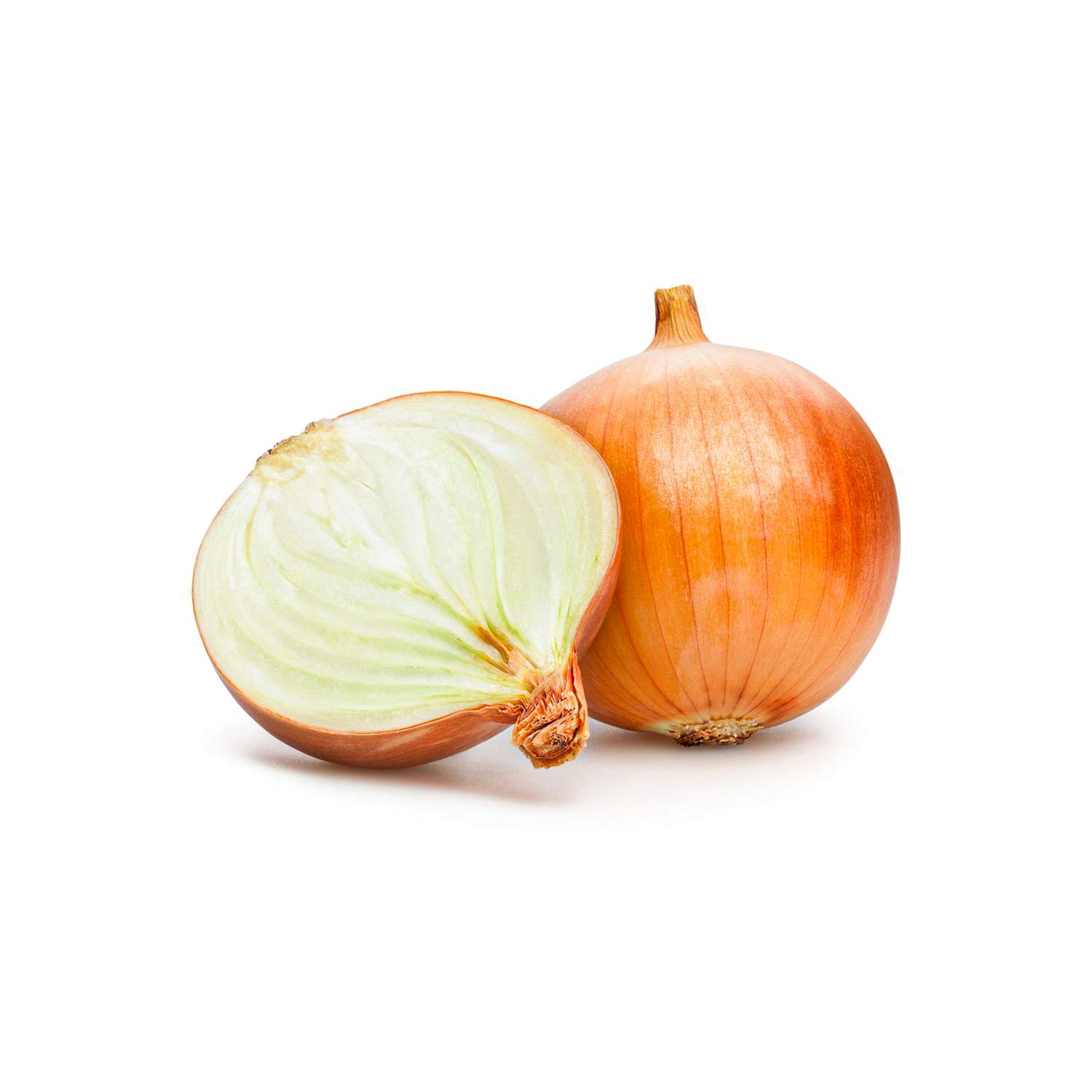Global Trade and Key Markets
Eggplant Exporters: A Growing Industry in Global Trade
Eggplant, also known as aubergine, is a staple in many global cuisines—from Mediterranean dishes to Asian stir-fries. Its growing popularity has significantly increased global demand. As a result, the eggplant export industry continues to expand. In this article, we explore the importance of eggplant exporters, examine key markets, and explain why this vegetable plays a major role in international trade.


Leading Countries in Eggplant Exports
The rise in global eggplant consumption has led to the emergence of several leading exporters. These countries benefit from favorable climates, high production volumes, and established trade networks.
India
India is the world’s largest producer of eggplant, and it dominates the export market. It sends large shipments to neighboring countries, Europe, and the Middle East. Additionally, Indian eggplants are appreciated for their rich taste and diverse varieties, such as small round brinjals and long slender types.
China
China also plays a significant role in the global eggplant trade. Because of its vast agricultural capacity and efficient export logistics, China supplies both fresh and processed eggplants to many parts of the world.
Spain
Spain ranks among Europe’s top eggplant exporters. Due to its strong trade relations within the EU and focus on quality, Spanish eggplants are widely preferred by European consumers.
Turkey
Turkey has carved out a strong position in the eggplant market. Its strategic location and consistent quality make Turkish eggplants popular across the Middle East and Europe. Furthermore, Turkey’s climate supports year-round production, which ensures continuous supply.
Key Markets for Eggplant Exporters
Eggplants are in demand across many regions, not only due to culinary trends but also because of shifting consumer preferences toward plant-based foods.
European Union
European countries import large amounts of eggplant, especially during periods of low local production. Countries like Italy, Germany, and France are among the top importers. Consequently, Spain, Turkey, and India serve as primary suppliers during these times.
Middle East and North Africa (MENA)
In the MENA region, eggplants are integral to traditional dishes such as baba ganoush and moussaka. Therefore, the region relies heavily on imports. India, Turkey, and some European countries consistently meet this strong demand.
North America
The United States and Canada import eggplants throughout the year. Since domestic production doesn’t always meet demand, they turn to exporters from Mexico, China, and India. Moreover, the increasing popularity of vegetarian and Mediterranean diets has contributed to rising eggplant consumption in this region.
Asia-Pacific
Although countries like China and India are major producers, others in the region—such as Japan and South Korea—depend on imports to satisfy domestic demand. As more consumers seek healthy and flavorful vegetables, eggplant imports continue to increase steadily.
Why Eggplant Is in High Demand
Eggplant’s global popularity is driven by more than just taste. It offers several benefits that make it suitable for both consumers and exporters.
Versatility in Cuisine
Eggplant is used in a wide range of dishes across cultures. Whether grilled, roasted, stir-fried, or baked, it adapts well to different cooking styles. Furthermore, it absorbs flavors easily, which makes it a favorite in plant-based meals.
Nutritional Benefits
Eggplant is low in calories but high in fiber, antioxidants, and essential vitamins. As a result, it supports heart health, improves digestion, and fits well into health-conscious diets.
Long Shelf Life
Unlike many perishable vegetables, eggplant has a relatively long shelf life. When handled properly, it stays fresh during shipping and storage. This durability gives exporters a competitive advantage in global markets.
Growth of Plant-Based Diets
Around the world, more people are choosing plant-based or vegetarian diets. Eggplant, with its meaty texture and rich flavor, serves as a satisfying alternative to animal-based proteins. Because of this shift, demand for eggplant continues to rise.
Final Thoughts
Eggplant has become a globally traded commodity, with top producers capitalizing on its year-round demand and international appeal. From India and China to Spain and Turkey, leading exporters have built strong reputations by focusing on quality and reliability. As plant-based diets grow in popularity and culinary trends continue to evolve, eggplant remains a staple in kitchens around the world. Ultimately, exporters who maintain high standards and understand market needs will thrive in this expanding industry.
https://iranfreshfruit.net/delicious-green-pea-recipes





